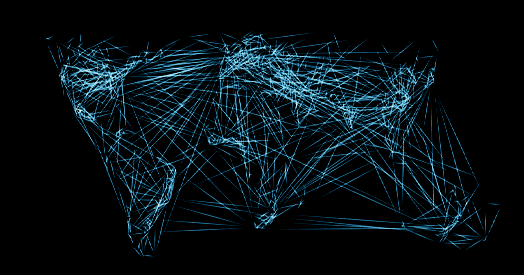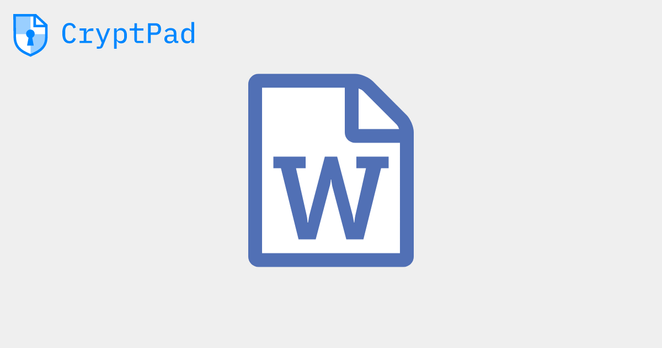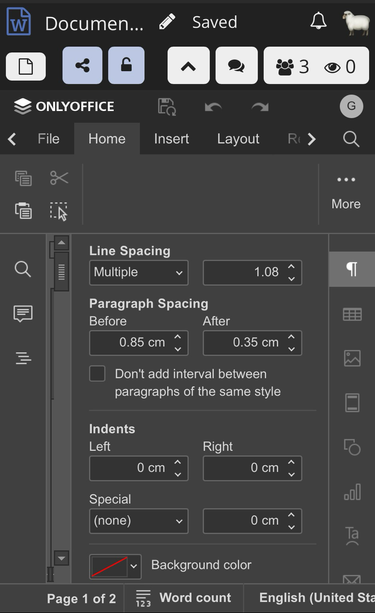I wrote a thing for @thetransmitter. The attack on scientific infrastructure happening in the US shows that relying on any one country is not a good option for science. We need to start supporting and building international, decentralised infrastructure for science.
https://www.thetransmitter.org/policy/science-must-step-away-from-nationally-managed-infrastructure/

Science must step away from nationally managed infrastructure
Scientific data and independence are at risk. We need to work with community-driven services and university libraries to create new multi-country organizations that are resilient to political interference.

